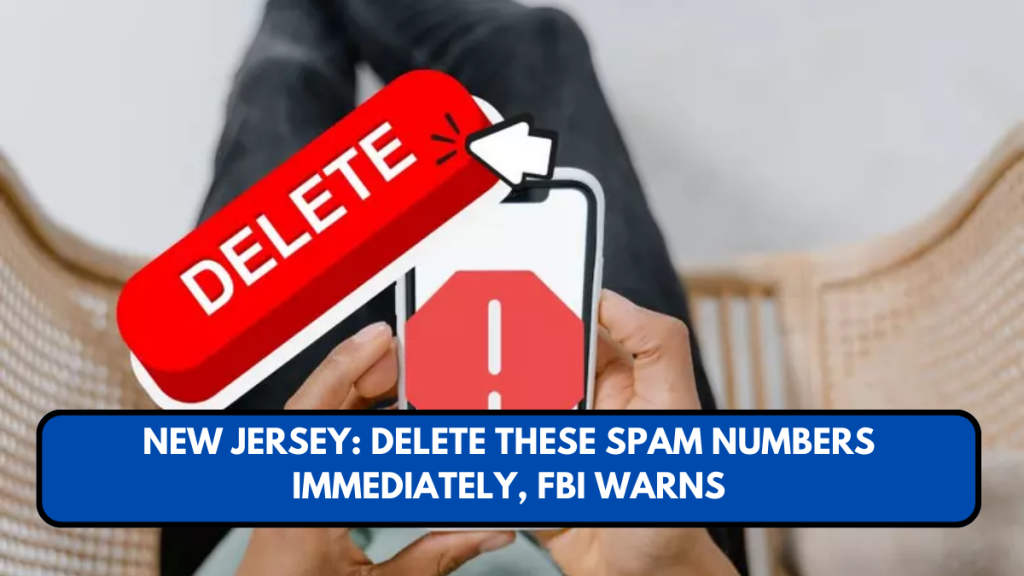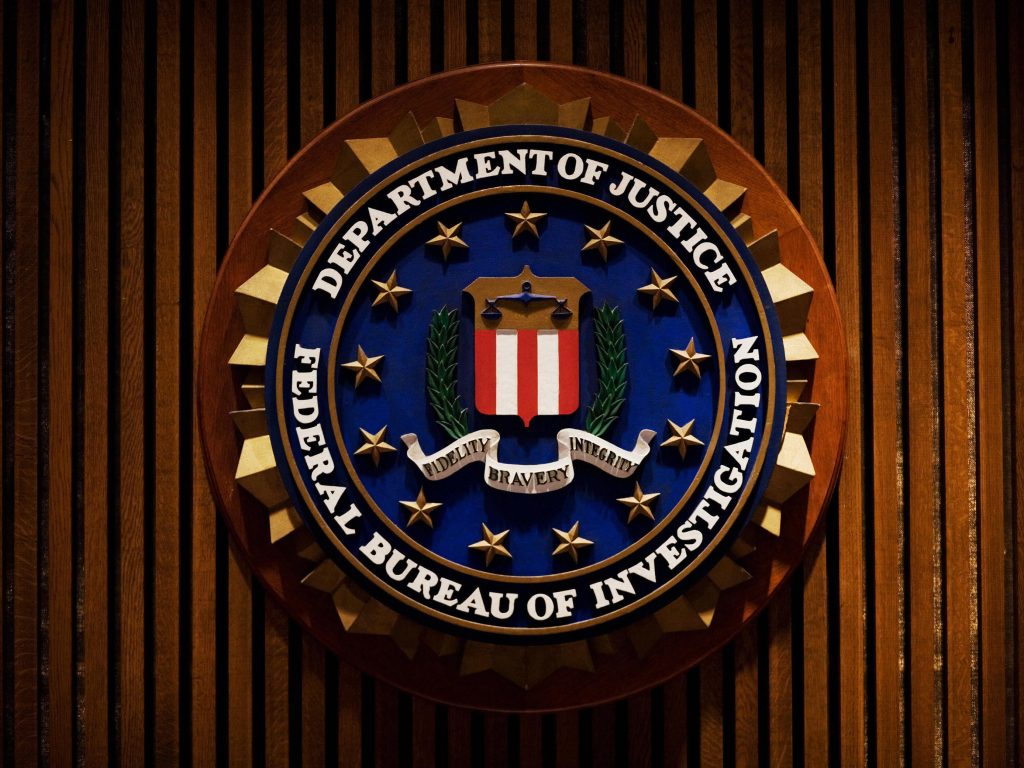
The Federal Bureau of Investigation (FBI) has issued an urgent warning for New Jersey residents and others across the U.S. about a surge in text message scams—known as “smishing”—that target unsuspecting drivers with fake unpaid toll alerts. Officials are urging the public to delete these fraudulent messages immediately to avoid falling victim to identity theft or financial fraud.
What Is Smishing?
Smishing, a blend of “SMS” and “phishing,” involves scammers sending deceptive text messages to trick recipients into revealing personal information. In this case, the messages impersonate tolling authorities, including E-ZPass and other legitimate highway agencies, claiming the recipient has unpaid toll charges.
The texts typically read along the lines of:
“You have an unpaid toll. Pay now to avoid late fees: fraudulent link”
“These messages are convincing and often use urgency to pressure victims into clicking the link,” the FBI explained in its public alert. “But behind those links are fake websites designed to steal credit card numbers, passwords, or even Social Security information.”
Why New Jersey Is a Target?

New Jersey, home to major toll roads like the New Jersey Turnpike and the Garden State Parkway, has millions of drivers who use E-ZPass, a regional electronic toll collection system. That makes residents particularly vulnerable to these types of scams.
Scammers often customize the message to the target’s location. So while New Jersey residents may receive texts about E-ZPass, others in states like Florida or Texas may get messages referencing SunPass or TxTag.
“These schemes are well-crafted and regionally targeted,” cybersecurity expert Dr. Angela Mason said. “They know where you live, and they use that to appear more legitimate.”
How to Spot the Scam?
According to the FBI and state authorities, the fake toll scam messages share some common characteristics:
- Unfamiliar phone numbers or short codes
- Urgent language, such as “immediate payment required”
- Suspicious links to unofficial websites
- Lack of personalization or official branding
The messages may look something like this:
“E-ZPass Alert: You have an unpaid toll. Pay $12.51 now to avoid late fees. Click here: ezpass-update.com”
Despite appearing genuine, these messages do not originate from official E-ZPass agencies or government bodies.
What You Should Do Immediately?
The FBI and New Jersey authorities urge residents not to click on any links in suspicious texts and to delete the message right away.
Here’s how you can protect yourself:
- Do not engage: Never respond or click links in unsolicited toll-related texts.
- Report the message:
- On your phone, use the “Report Junk” or “Block” feature.
- Forward the text to 7726 (SPAM) to notify your mobile carrier.
- Verify with authorities:
- Visit the official E-ZPass website: www.ezpassnj.com
- Check for outstanding tolls directly instead of trusting random messages.
- File a report:
- If you’ve interacted with a scam message or believe you’ve been scammed, file a complaint with the FBI’s Internet Crime Complaint Center (IC3) at www.ic3.gov.
- You can also contact the New Jersey Division of Consumer Affairs via www.njconsumeraffairs.gov.
What If You Clicked the Link?
If you accidentally clicked the link or provided any information, take the following steps immediately:
- Change your passwords, especially if the scam accessed your email or banking login.
- Monitor your bank statements for unauthorized transactions.
- Place a fraud alert on your credit report with any of the major credit bureaus:
- Experian
- Equifax
- TransUnion
Growing Trend in Scam Activity

This type of smishing scam is part of a broader trend of cyber-enabled fraud, which the FBI reports is increasing in both frequency and sophistication. In 2023 alone, the IC3 received over 300,000 complaints related to phishing and smishing attacks.
The FBI warns that scammers are taking advantage of how frequently Americans use digital payment methods and mobile notifications. Text-based scams are effective because they reach people where they’re most responsive—on their phones.
“People are conditioned to trust text alerts from services they use regularly,” said David Slater, a former cybersecurity analyst for the Department of Homeland Security. “This scam exploits that trust.”
Final Warning: Stay Alert
The FBI’s message is simple: if you receive a toll-related text and you’re unsure of its origin—don’t click, don’t reply, and delete it immediately.
Staying informed, vigilant, and skeptical of unsolicited messages is your best defense against falling for these scams.
For ongoing updates and official advisories, visit:
- FBI Internet Crime Complaint Center: www.ic3.gov
- New Jersey E-ZPass: www.ezpassnj.com
- New Jersey Division of Consumer Affairs: www.njconsumeraffairs.gov



